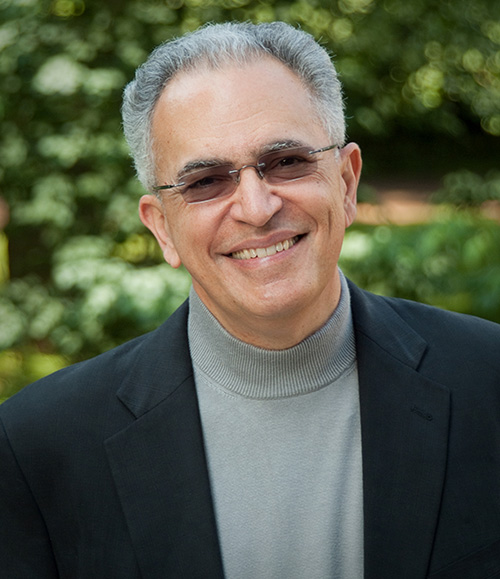Emilio F. Moran

- John A. Hannah Distinguished Professor
- human environment interactions research, agroecology, renewable energy, land use and land cover, Amazon
- Geography, Environment, and Spatial Sciences
- Environmental Science and Policy Program
- Center for Global Change and Earth Observation
- 218 Manly Miles
- 517-884-1236
- moranef@msu.edu
WEBSITE
https://www.canr.msu.edu/people/emilio_moranBIOGRAPHY
Contemporary society problems cannot be understood with methods designed for studying largely sedentary populations. Populations across the world today are on the move physically, as a result of loss of control over local resources over which they had no legal documents, as a result of war and famine, as a result of the shifting international demand for labor, and as a result of environmental degradation. How to study these populations' role in environmental change is a major challenge.
My research has focused on the study of populations in the Amazon Basin experiencing dislocation through resettlement. Traditional methods do not apply because of the transitory nature of settlement in forested frontiers with up to 85% of the population moving within the first decade of settlement but replaced with others immediately. These populations experience rapid shifts: from shifting cultivators to extensive annual cropping to intensive cultivators of grains to intensive managers of permanent crops or irrigated areas - - all this while dividing their household labor between the farm and the non-farm sector, between mining and farming, and other options available in local ecosystems.
My current research combines remote sensing methods and ground-level methods of data gathering and analysis that permit a continual checking of macro and micro levels of analysis. They aim to permit inferences from one level to be tested with data at another; and to discover the indices that may best serve to understand the linkages between global, regional and local-level processes. Students working with me would have the opportunity to become familiar with remote sensing methods and to relate satellite images at a number of sites to social processes at a micro-level. The goals of the current research are to develop a multi-level, multi-site, longitudinal, and comparative approach to the study of how people impact forests, how they organize to manage their resources, and what role population plays in their shifting actions. Currently this research is supported by grants from the National Science Foundation, the National Institutes of Health (NICHD) and FAPESP, Fundacao de Amparo a Pesquisa do Estado de Sao Paulo, Brazil. He is also an Adjunct Professor in the program on Ambiente e Sociedade of the Universidade Estadual de Campinas (Unicamp) in Sao Paulo. Students are routinely incorporated into these large-scale projects where they learn how to collaborate across disciplines.
AREA OF EXPERTISE
- Ecological Anthropology
- Research Methods
- Tropical Ecology and Resource Management
- Land Use and Land Cover Change
- Demography

